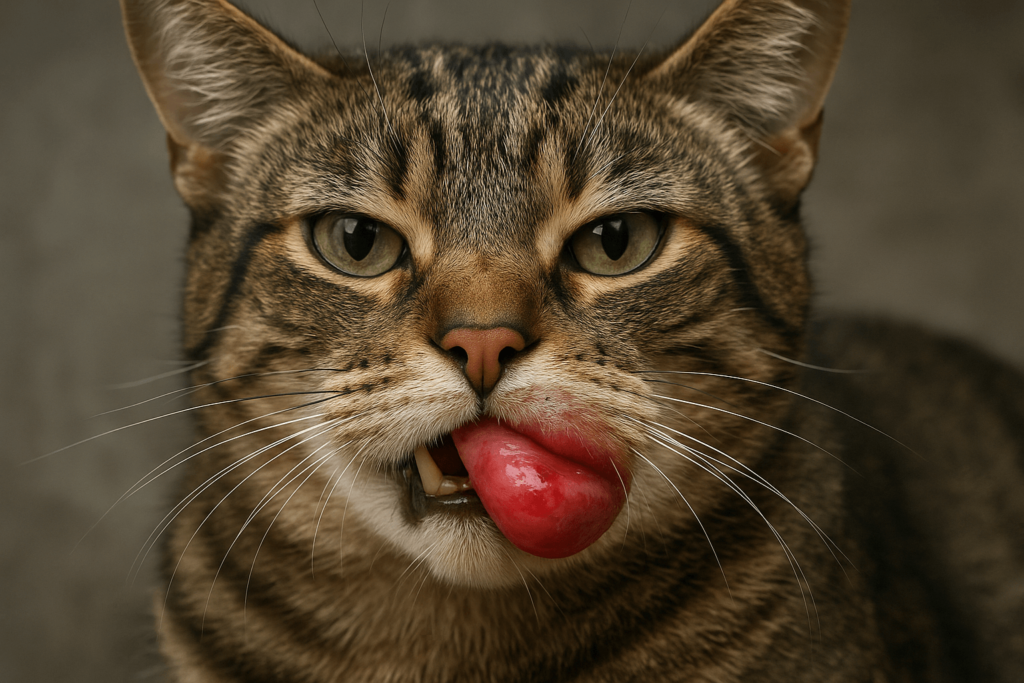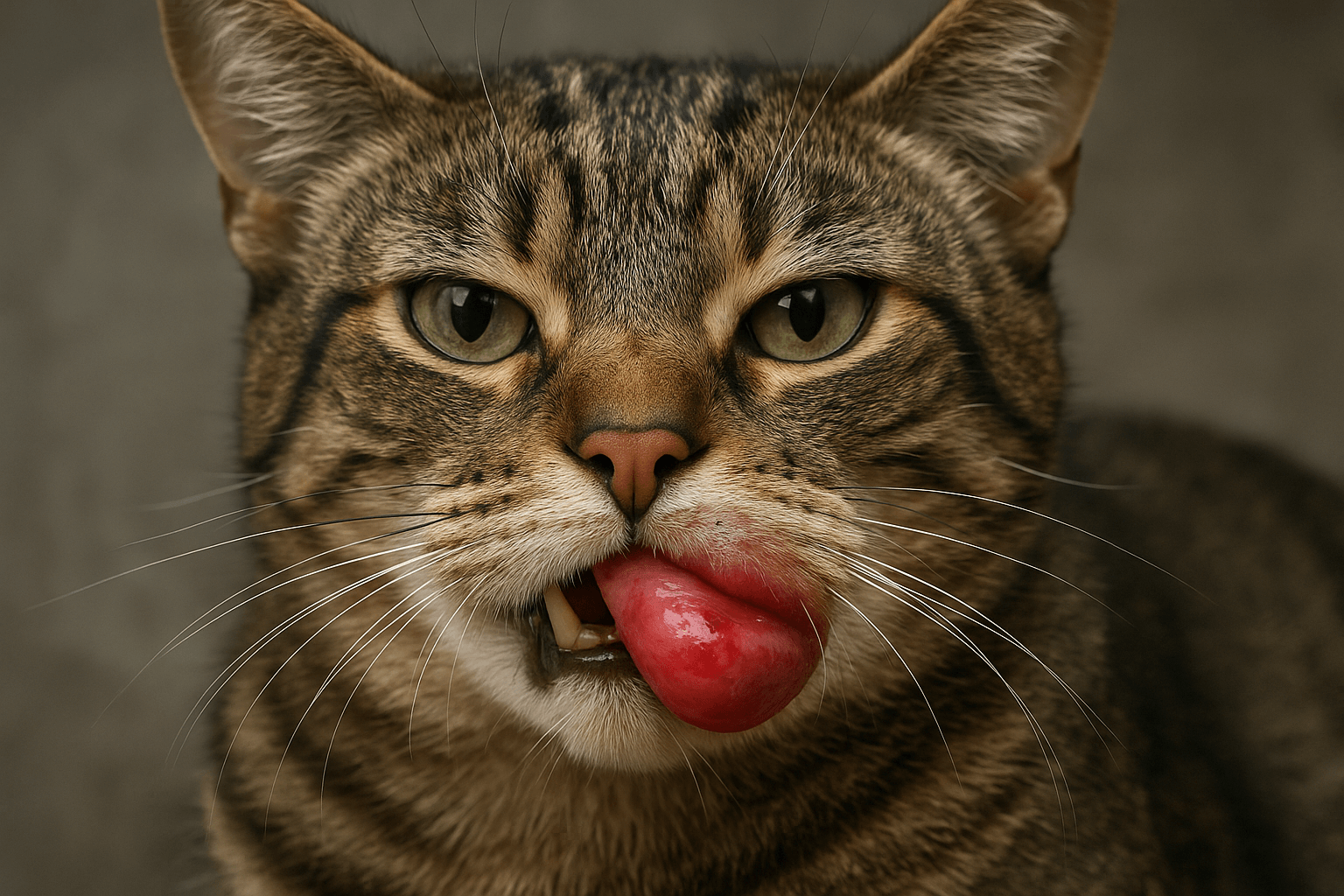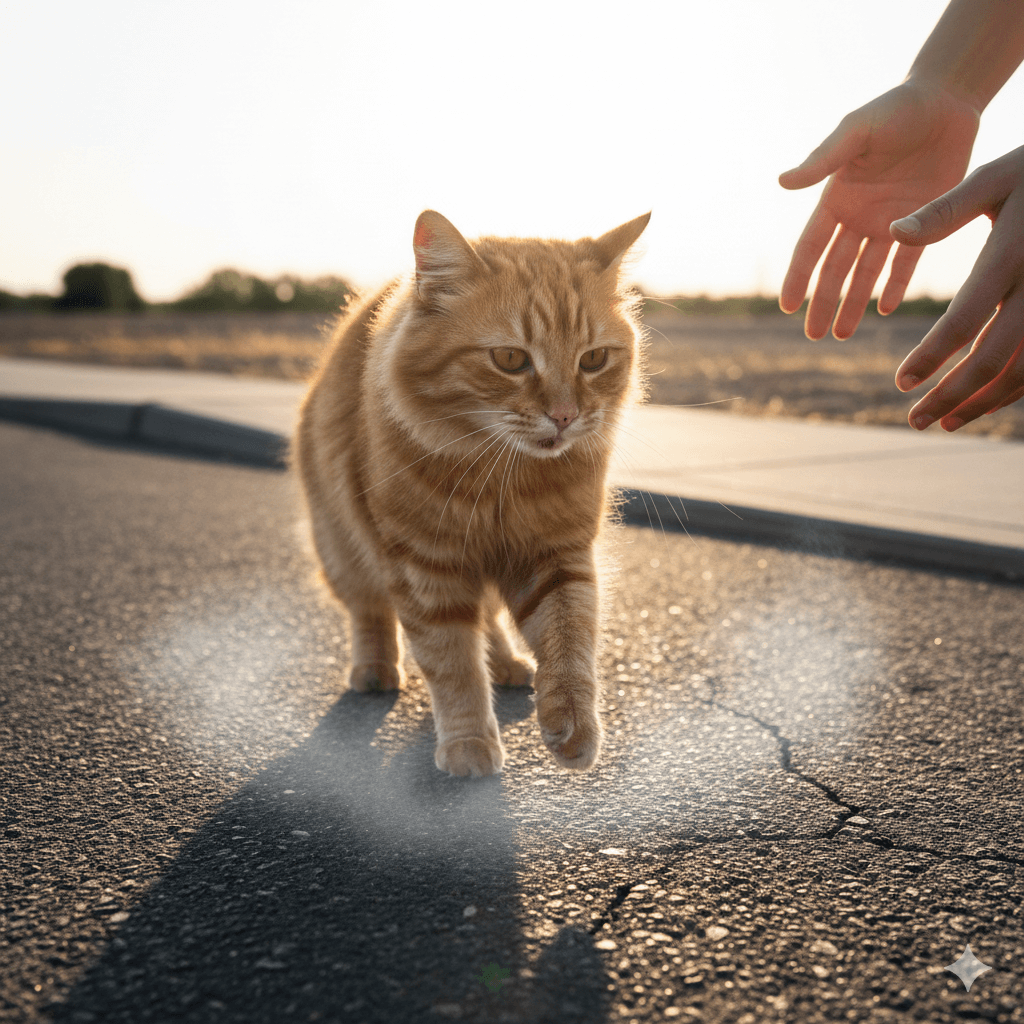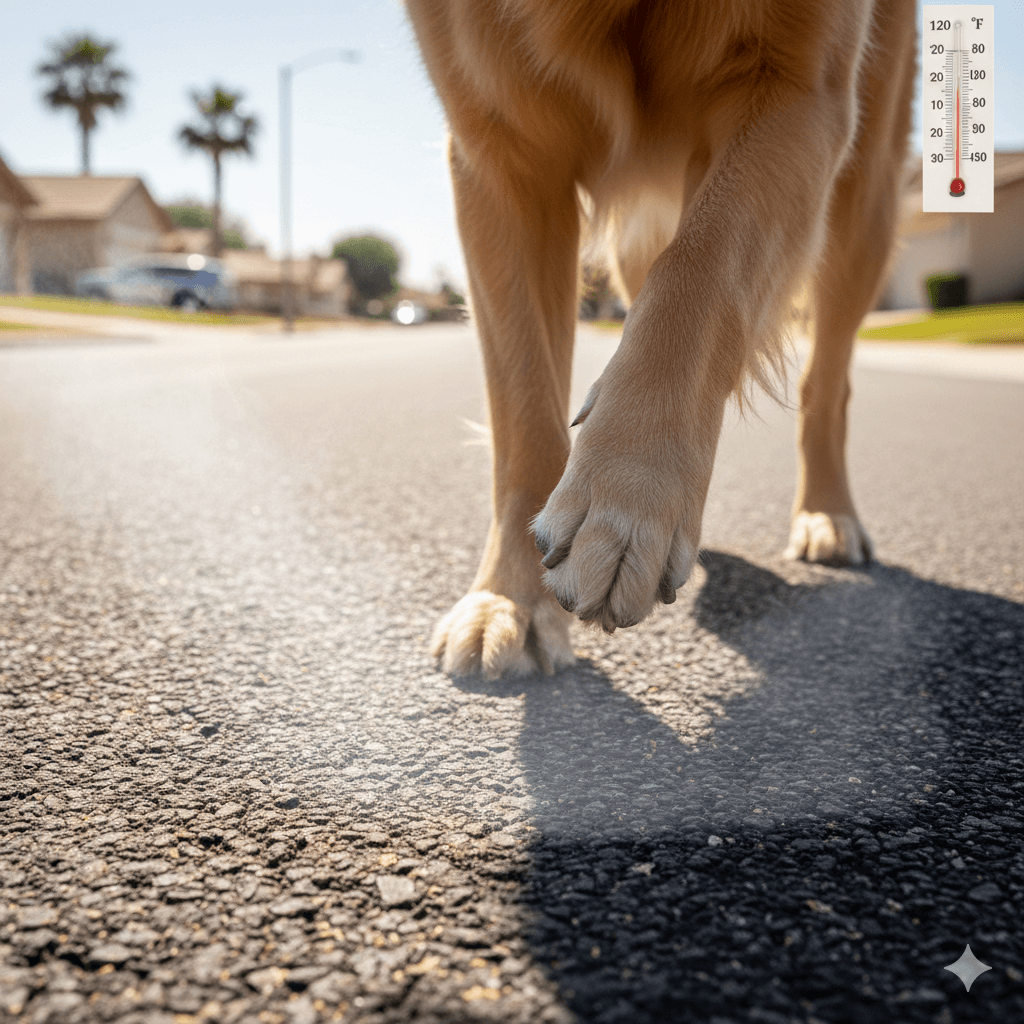Cat Mouth Swelling: Understanding the Causes, Signs, and What to Do Immediately
A swollen mouth in your cat is not just a minor inconvenience—it’s a red flag. Whether it’s a puffy lip, a distended jaw, or visible discomfort while eating, this symptom demands attention. Cats are masters of hiding pain, so when swelling appears, it’s often already advanced. Understanding the potential causes—from dental disease to allergic reactions—is the first step toward protecting your feline’s health. This guide breaks down the most common reasons behind cat mouth swelling, the urgent signs you must never ignore, and how to respond before it becomes a life-threatening emergency.
Common Causes of Cat Mouth Swelling
Cat mouth swelling rarely occurs without an underlying trigger. Recognizing the root cause is critical to effective treatment and preventing recurrence.
Dental Disease:
Periodontal disease, tooth resorption, or abscesses are among the most frequent causes of oral swelling in cats. Infected roots can swell dramatically, causing visible facial distortion.Oral Trauma:
A bite wound from another cat, a sharp object, or even a fall can lead to localized swelling, infection, or foreign body impaction.Allergic Reactions:
Food, insect stings, or environmental allergens can trigger angioedema—a rapid swelling of soft tissues around the mouth and face.Oral Tumors:
Squamous cell carcinoma and other malignancies can manifest as persistent, non-healing swellings, often mistaken for infections in early stages.Eosinophilic Granuloma Complex:
An immune-mediated condition causing raised, ulcerated lesions on the lips, tongue, or gums—often misdiagnosed as simple irritation.
Ignoring swelling as “just a bump” can delay diagnosis and worsen outcomes. Early intervention saves not only comfort—but life.

Urgent Signs That Require Immediate Veterinary Care
Not all mouth swelling is the same. Some signs indicate a medical emergency that cannot wait until your next scheduled appointment.
Difficulty Breathing or Noisy Breathing
Swelling that extends into the throat can obstruct airways—a life-threatening situation requiring emergency care.Refusal to Eat or Drink
If your cat hasn’t eaten in over 24 hours, dehydration and hepatic lipidosis (fatty liver disease) can develop rapidly.Bleeding from the Mouth
Persistent bleeding suggests trauma, tumor erosion, or severe periodontal breakdown.Fever, Lethargy, or Drooling Excessively
These are systemic signs of infection or poisoning, not just local irritation.Swelling That Spreads or Worsens Overnight
Rapid progression indicates an aggressive infection, allergic reaction, or neoplastic growth needing urgent diagnostics.
When in doubt, err on the side of caution. Delaying care can turn a treatable issue into a critical one.
Check this guide 👉Cat Mouth Black Fungus Treatment: Best 7 Expert Tips!
Check this guide 👉Understanding Cat Mouth Cysts: Best 7 Expert Tips!
Check this guide 👉Why Is My Cat Sitting With Its Mouth Open? Best 7 Tips!
| Possible Cause | Key Indicators |
|---|---|
| Dental Abscess | Unilateral swelling under the eye or chin, bad breath, pawing at mouth |
| Allergic Reaction | Sudden onset, swelling of lips/tongue, possible hives, recent exposure to new food or insect |
| Oral Tumor | Firm, non-painful lump, weight loss, foul odor, bleeding, unresponsive to antibiotics |
| Eosinophilic Granuloma | Linear, raised, yellowish lesions on lips or tongue, often itchy, recurrent |
| Foreign Object | Swelling around a specific tooth or gum, visible object, excessive drooling, gagging |
Diagnostic Steps Your Veterinarian Will Take
A thorough veterinary evaluation is essential to determine the exact cause of your cat’s mouth swelling. Here’s what to expect during the diagnostic process.
Physical and Oral Examination
Your vet will carefully inspect the gums, teeth, tongue, and lymph nodes for signs of infection, trauma, or masses.Bloodwork and Urinalysis
These tests check for systemic illness, kidney or liver dysfunction, and immune response markers.Dental X-Rays
Up to 60% of dental disease in cats occurs below the gumline—x-rays are critical to detect root abscesses or bone loss.Biopsy or Fine Needle Aspirate
If a mass is present, a small tissue sample may be taken to rule out cancer or immune disorders.Allergy Testing or Elimination Diet
For suspected allergic causes, your vet may recommend switching foods or conducting intradermal skin tests.
Don’t assume the cause is obvious. Many conditions mimic each other. Accurate diagnosis is the foundation of successful treatment.
Treatment Options Based on the Underlying Cause
Treatment for cat mouth swelling varies dramatically depending on the diagnosis. There is no one-size-fits-all solution.
Antibiotics and Anti-Inflammatories
For bacterial infections or abscesses, a course of antibiotics (like clindamycin) and pain relief is typically prescribed.Dental Extraction
Teeth with severe resorption or root infection often require surgical removal—this is curative, not destructive.Steroid Therapy
Used for eosinophilic granuloma or allergic reactions to suppress immune overactivity and reduce inflammation.Surgical Removal of Tumors
Early-stage oral cancers may be removable if caught before spreading. Chemotherapy or radiation may follow.Allergen Avoidance and Hypoallergenic Diet
Switching to novel protein or hydrolyzed diets can eliminate food-triggered swelling in sensitive cats.
Never attempt home remedies like hydrogen peroxide rinses or over-the-counter pain meds—many are toxic to cats. Always follow veterinary guidance.
How to Prevent Future Mouth Swelling in Your Cat
Prevention is far easier—and kinder—than treating advanced disease. These proactive steps can safeguard your cat’s oral health.
Regular Dental Checkups
Schedule annual dental exams starting at age 3—even if your cat seems fine.Daily Tooth Brushing
Use a cat-safe toothpaste and soft brush. Start slowly; many cats accept it with patience and treats.Avoid Human Food and Toxic Substances
Onions, garlic, chocolate, and bones can cause trauma or poisoning leading to oral inflammation.Keep Your Home Safe from Insects and Plants
Certain houseplants (lilies, philodendrons) and insect stings can trigger allergic mouth swelling.Monitor Eating Behavior Closely
Changes in chewing, dropping food, or favoring one side of the mouth are early warning signs.
Preventive care doesn’t require expensive tools—just consistency and attention. Small habits prevent big crises.
What to Do at Home While Waiting for the Vet
If you can’t reach your vet immediately, there are safe, supportive steps you can take to keep your cat comfortable.
Do Not Attempt to Squeeze or Poke the Swelling
This can spread infection or cause further trauma.Offer Soft, Warm Food
Mix wet food with warm water to make it easier to eat and more appealing.Keep Water Accessible and Fresh
Hydration supports healing and prevents secondary complications.Minimize Stress
Place your cat in a quiet room away from noise, children, or other pets.Take Photos of the Swelling
Visual documentation helps your vet assess progression or response to treatment.
Your calm presence matters more than you know. Stress worsens inflammation—so be gentle, be present, be patient.
When to Revisit the Vet After Treatment
Even after your cat’s swelling has improved, follow-up care is non-negotiable. Healing doesn’t always mean cured — and some conditions hide beneath the surface. Here’s what to watch for after treatment begins.
Swelling Returns or Worsens:
If the swelling reappears after treatment ends, it may signal an unresolved infection, undiagnosed tumor, or allergic trigger that needs deeper investigation.Changes in Eating or Drinking Habits:
A cat that resumes eating but eats slower, drops food, or avoids water may still be in pain or developing complications.New Lumps or Sores Appear:
Any new growths, ulcers, or discoloration inside the mouth require immediate re-evaluation — even if they seem small.Behavioral Regression:
If your cat retreats, hides, or becomes aggressive again after seeming better, it’s a sign their discomfort hasn’t fully resolved.Foul Odor or Discharge Persists:
Bad breath or pus-like discharge means bacteria are still active. Antibiotics may need adjusting — don’t wait for it to get worse.
Your cat’s recovery isn’t over when the swelling goes down. It’s over when your vet confirms it — and your instincts tell you everything feels right again. Trust both.
Frequently Asked Questions About Cat Mouth Swelling
Can a cat mouth swelling go away on its own?
Sometimes, if it’s a minor allergic reaction. But if it persists beyond 24–48 hours, or worsens, it’s not “going away”—it’s progressing. Always consult a vet.
Is cat mouth swelling contagious to humans or other pets?
Most causes are not contagious. However, if caused by a bite wound from an infected cat, bacteria like Pasteurella can spread—so isolate your cat until diagnosed.
Why does my cat’s lip swell only at night?
This may indicate an allergic reaction to something in the environment (dust, bedding, air fresheners) that accumulates overnight. Track exposure patterns.
Can dental disease cause swelling without visible tooth damage?
Absolutely. Tooth resorption and root abscesses often appear normal on the surface but are severely damaged underneath—x-rays are essential.
What’s the cost of treating cat mouth swelling?
Costs vary widely: antibiotics may be $50–$150, dental extractions $300–$1,200, and tumor surgery $1,000–$3,000. Early detection saves money—and life.
Final Thought: Your Cat’s Mouth Is a Window to Their Health
A swollen mouth isn’t just a cosmetic issue—it’s a silent scream for help. Cats don’t complain. They don’t tell you when something hurts. They just stop eating, stop purring, and withdraw. When you see swelling, you’re witnessing the aftermath of a problem that’s been brewing for days, maybe weeks. You have the power to intervene. To ask the right questions. To demand diagnostics. To choose care over convenience.
This isn’t about saving your couch or your sanity—it’s about saving your cat’s quality of life. The right treatment, the right timing, the right vet can turn a crisis into a comeback.
Pay attention. Act early. Love fiercely.
Newfoundland Dog Personality: Best 7 Expert Tips! – Discover the gentle, loyal, and protective nature of this giant breed perfect for families.
Can Hot Pavement Burn Your Cats Paws? Best 7 Expert Tips! – Learn how to protect your cat’s paws from hot surfaces and prevent painful burns this summer.
Can Hot Pavement Burn Your Dogs Paws? Best 7 Expert Tips! – Learn how to protect your dog’s paws from hot surfaces and ensure safe summer walks.
Irish Wolfhound Size: Best 7 Expert Tips! – Discover the ideal height, weight, and care tips for this majestic giant breed. Learn how to manage their impressive stature responsibly.





